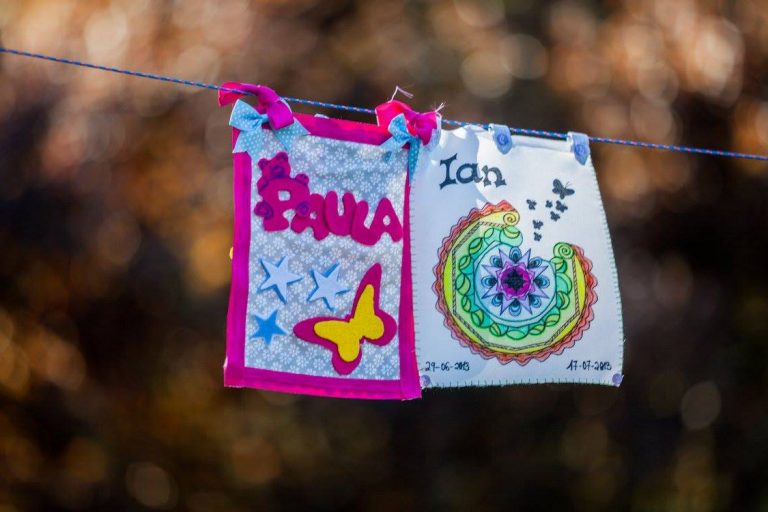The announcement of a pregnancy is, for most, a joyous experience to be celebrated within the community, the health care setting and the family. Much is invested in the health of the mother and the baby she is carrying. When that baby dies during pregnancy or during the birth, the silence that comes with the absence of those first precious cries is a silence that reverberates through the following weeks, months and years. For many, it lasts a lifetime.
Research shows that pregnancy loss can be devastating for mothers, fathers and their families in all parts of world. Most parents report negative psychological effects following the death of a baby, [1] and although these symptoms generally reduce over time, for every parent the experience of grief is different. From a social perspective, research shows that grief is influenced by the care parents receive, [2] their cultural and religious/spiritual background, social status and social support network. [3]
But regardless of where a baby is born, be it in a low-, middle- or high-income country, there seems to be a common thread when it comes to the taboo and stigma surrounding the dead child during pregnancy or shortly afterwards. Many mothers and fathers feel that they can’t talk openly to family and friends about their dead child. Indeed, in some low-income countries such as India, Tanzania and Ethiopia, the taboo and stigma is so severe that it can lead to such additional adverse outcomes as maternal abuse and social abandonment.
When partners, family members, health professionals and society in general perpetuate taboo and stigma around pregnancy loss, mothers and fathers quickly learn to silence their grief. They learn to only speak about their dead child in closed circles where they feel safe and where no one will judge them or their child.
Government and legislation also play a big role in how grief is understood by society and whether there are national health strategies to reduce stillbirth, stillbirth registries to ensure stillbirths are counted and incorporated within health policy, and legal rights to maternity and paternity leave following stillbirth. Where these measures are absent, governments are in effect sending a message that miscarriage and stillbirth is unimportant, something to “get over” and to “move on” from, or even a physical illness from which one recovers quickly.
When parents are not given the opportunity or space to incorporate their dead child into their life narrative, they are prevented from being understood as parents of a child who, while physically no longer present, has changed them enormously (which doesn’t have to mean negatively) and forever.
So where do parents put all that emotion, sadness, love, turmoil or creativity that society doesn’t want to see? What happens when it is all bottled up? Does it eventually subside, become transformed or turn into long-lasting psychological and social problems?
Maybe the question we need to ask ourselves is: are the long-lasting symptoms of depression, post-traumatic stress, fear or anxiety due to the death of one’s baby or due to the lack of quality emotional and social support for mothers and fathers experiencing the death of that baby?
References
- Redshaw M, Rowe R, Henderson J (2014). Listening to Parents after stillbirth or the death of their baby after birth. University of Oxford: National Perinatal Epidemiology Unit.
- Cacciatore J, Rådestad I, Frederik Frøen J (2008). Effects of contact with stillborn babies on maternal anxiety and depression. Birth, 35(4):313-320.
- Heazell AE, Siassakos D, Blencowe H, Burden C, Bhutta ZA, Cacciatore J, Dang N, Das J, Flenady V, Gold KJ (2016). Stillbirths: economic and psychosocial consequences. The Lancet, 387(10018):604-616.
Featured photo: from Uma Manita’s Facebook page.
 By Jillian Cassidy, founder of Umamanita, a Spanish stillbirth and neonatal charity, and a board member of the International Stillbirth Alliance.
By Jillian Cassidy, founder of Umamanita, a Spanish stillbirth and neonatal charity, and a board member of the International Stillbirth Alliance.
Jillian founded Umamanita in 2008 following the stillbirth of her daughter Uma.
